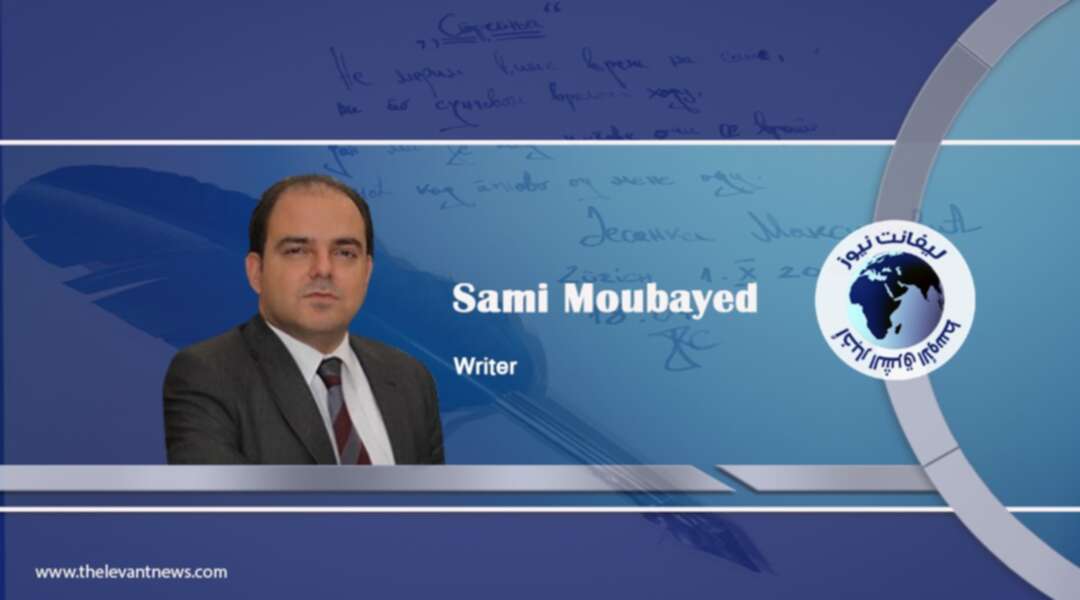-
When the Carter Administration reached out to the Egyptian Muslim Brotherhood

In November 1979, Iranian revolutionaries took hostages at the American Embassy in Tehran. That was just months after the Iranian revolution toppled Shah Mohammad Reza Pahlavi, bringing Imam Ruhollah Khomeini to power. President Jimmy Carter described the hostages as “victims of terrorism and anarchy,” while UN Secretary-General Kurt Waldheim led international efforts for their release. That only happened 444-days later, on 20 January 1981. The incident has been studied extensively by both historians and journalists, but one missing component remains the Egyptian Muslim Brotherhood, which had been positioned to play a role in releasing the American hostages.
During the crisis, President Carter reached out to Omar Talmasani, the general supervisor of the Egyptian Brotherhood, seeing if he could help solve the international crisis. Talmasani had been at the helm of the Brotherhood since 1972. A lawyer by education, he hailed from a wealthy cosmopolitan Egyptian family and had built a working relationship with then-President Anwar al-Sadat. After years of persecution and arrest under Sadat’s predecessor, Gamal Abdul Nasser, Talmasani marketed himself as a friend of the Egyptian government, and by extension, of states that supported it, like the United States. The hostage crisis began in November 1979, exactly two years after Sadat’s visit to Jerusalem and 14-months after he and Menachem Begin had signed the Camp David Agreement. Arab nationalists were accusing Sadat of treason, but that did not annoy the Muslim Brotherhood nor did it restrict its engagement with Anwar al-Sadat.
The US reach-out to the Brotherhood took place with Sadat’s knowledge, and approval. It was mentioned both in Talmasani’s memoirs, published in 1985, and in those of the Brotherhood banker and chief financial strategist Yusuf Nada. He says that Talmasani visited him at his home in Switzerland to discuss ways in which the Brotherhood could help the Carter Administration. It is unclear whether the mediation actually took place or not; whether it failed or never happened. Talmasani says that Iran refused to listen to him, accusing him of being a CIA agent.
That’s hard to believe, however, given the strong bonds between the Muslim Brotherhood and ranking leaders of the Islamic Revolution in Iran. Khomeini himself had visited Cairo in 1939 to meet the Brotherhood founder Hasan al-Banna. In 1953, the Brotherhood’s chief idealogue Sayyed Qotob met with Khomeini’s friend Sayed Mjtaba Mir-lohi, founder of the Fedayeen of Islam Organization. In 1964, another associate, Mohammad Baqir al-Sadr of Iraq, asked President Abdul Salam Aref to mediate on Qotob’s behalf with President Nasser in 1964. Qotob at the time was in jail, soon-to-be executed at Nasser’s orders. Sadr is the father-in-law of Muqtada al-Sadr and father of Jaafar al-Sadr, ambassador to London who is now nominated to become Iraq’s next prime minister. Also in the 1960s, the current Supreme Leader Ali Khamenai, then a young student in Najaf, translated Sayyed Qotob’s books into Persian, finding great inspiration in them.
When the hostage crisis happened, Khomeini and Sadr were still alive, although Banna, Mir-lohi, and Qotob were all dead. The first was assassinated in Cairo in 1949, the second executed in Iran in 1956, while the third in Egypt in 1966. Khomeini, Khamenai, and Sadr knew that Omar Talmasani could have played an important role in solving the hostage crisis. Given the strong historic bonds, it is doubtful that they actually described him as a CIA agent. What’s important about the entire ordeal is the fact that the US saw the Brotherhood—albeit briefly—as a possible broker to one of the worst hostage crises of the 20th Century. Mediators are supposed to be honest after all, and to enjoy cordial relations with both sides of whatever conflict they are mediating. Carter knew that Talmasani had friends in Tehran who would listen to him.
The year 1979 was not the first encounter between the Muslim Brotherhood and the US. In November 1977, a diplomat from the American Embassy in Cairo reached out to Talmasani, seeing potential for cooperation. Talmasani was, as predicted, open to all suggestions, saying that he preferred dealing with the US than the “infidels” of the Soviet Union. The Brotherhood had its reservations about the US, but were more concerned about communism and its purge of religion, describing its leaders as atheists. After his death in May 1986, the US reached out to his successor Mohammad Hamed Abu al-Nasr, seeking periodic direct meetings without having to go through the Egyptian Interior and Foreign Ministries, as required by Egyptian law. Fearing backlash from Sadat, the Brotherhood declined their offer.
What we do know for sure is that to date, the Muslim Brotherhood has not been sanctioned as a terrorist organization by the US. The US welcomed, and thus legitimized, the election of the Brotherhood chief Mohammad Morsi as president of Egypt in 2012. When President Donald Trump tried to place the Brotherhood on the US Terrorism List, many on Capitol Hill objected, saying that the group had never carried out an operation in the US, nor directly threatened US interests. Although they were linked to Hamas and other jihadi groups across the region, the Brotherhood had famously condemned 9-11, back in 2001. American officials saw them as a moderate manifestation of Islam, who could be used and advanced to counter-balance the radical jihadi ideology of groups like al-Qaeda and ISIS.
Back in 1953, Hasan al-Banna’s son-in-law Said Ramadan had met with US President Dwight Eisenhower at the White House. Technically, he was meeting with a delegation of foreign Muslims to know better about the Muslim World, at the height of the Cold War. Whether there was something far beyond that for Eisenhower, and whether he had a one-on-one with Ramadan, is yet to be revealed.

BY: Sami Moubayed
You May Also Like
Popular Posts
Caricature
BENEFIT Sponsors BuildHer...
- April 23, 2025
BENEFIT, the Kingdom’s innovator and leading company in Fintech and electronic financial transactions service, has sponsored the BuildHer CityHack 2025 Hackathon, a two-day event spearheaded by the College of Engineering and Technology at the Royal University for Women (RUW).
Aimed at secondary school students, the event brought together a distinguished group of academic professionals and technology experts to mentor and inspire young participants.
More than 100 high school students from across the Kingdom of Bahrain took part in the hackathon, which featured an intensive programme of training workshops and hands-on sessions. These activities were tailored to enhance participants’ critical thinking, collaborative problem-solving, and team-building capabilities, while also encouraging the development of practical and sustainable solutions to contemporary challenges using modern technological tools.
BENEFIT’s Chief Executive Mr. Abdulwahed AlJanahi, commented: “Our support for this educational hackathon reflects our long-term strategic vision to nurture the talents of emerging national youth and empower the next generation of accomplished female leaders in technology. By fostering creativity and innovation, we aim to contribute meaningfully to Bahrain’s comprehensive development goals and align with the aspirations outlined in the Kingdom’s Vision 2030—an ambition in which BENEFIT plays a central role.”
Professor Riyadh Yousif Hamzah, President of the Royal University for Women, commented: “This initiative reflects our commitment to advancing women in STEM fields. We're cultivating a generation of creative, solution-driven female leaders who will drive national development. Our partnership with BENEFIT exemplifies the powerful synergy between academia and private sector in supporting educational innovation.”
Hanan Abdulla Hasan, Senior Manager, PR & Communication at BENEFIT, said: “We are honoured to collaborate with RUW in supporting this remarkable technology-focused event. It highlights our commitment to social responsibility, and our ongoing efforts to enhance the digital and innovation capabilities of young Bahraini women and foster their ability to harness technological tools in the service of a smarter, more sustainable future.”
For his part, Dr. Humam ElAgha, Acting Dean of the College of Engineering and Technology at the University, said: “BuildHer CityHack 2025 embodies our hands-on approach to education. By tackling real-world problems through creative thinking and sustainable solutions, we're preparing women to thrive in the knowledge economy – a cornerstone of the University's vision.”
opinion
Report
ads
Newsletter
Subscribe to our mailing list to get the new updates!






















